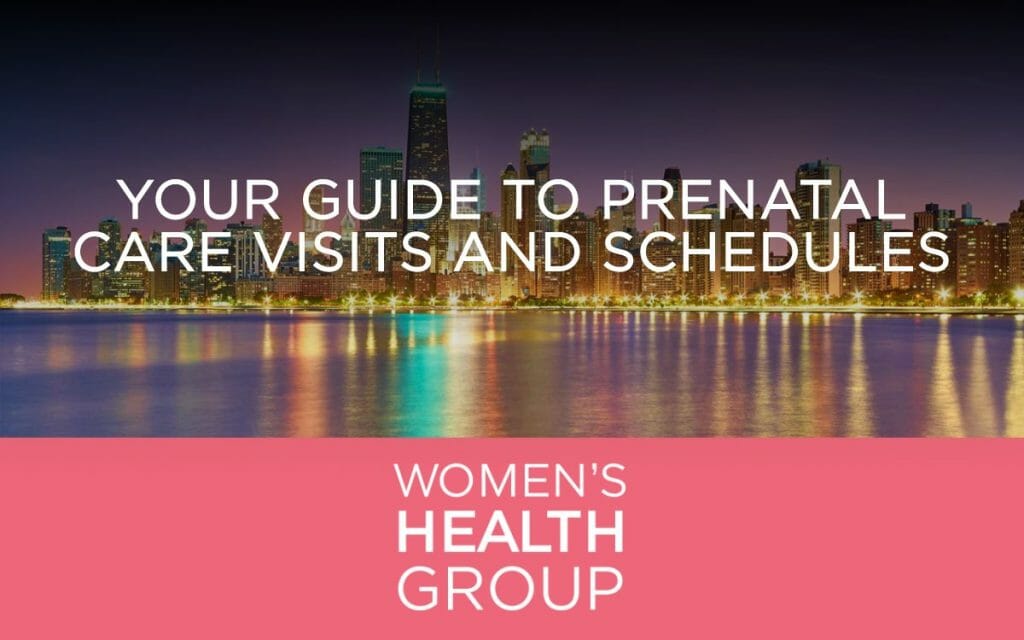Understanding Prenatal Care Importance
The journey to motherhood is both exciting and challenging, but to ensure a healthy pregnancy and childbirth, you need to make prenatal care a top priority. Prenatal care refers to regular visits to the obstetrician-gynecologist or midwife during pregnancy to monitor both the health of the mother and her growing baby. Here at the Women’s Health Group in Chicago, Illinois, we aim to provide expectant mothers with complete information on how to maintain optimum health during pregnancy. This Prenatal Care Guide is designed to provide detailed information about prenatal visits, what to expect, and how to prepare.
The Importance of Prenatal Care
Pregnancy brings about remarkable changes in a woman’s body. It’s a delicate period that requires careful monitoring to ensure everything goes smoothly. Regular prenatal appointments help the obstetrician-gynecologist in tracking the baby’s growth and development and the mother’s health.
During prenatal visits, health care providers perform various tests and screenings to detect any possible complications or health issues early on. Some of these may include anemia, gestational diabetes, genetic disorders, or preeclampsia. Identifying such conditions early increases treatment success and in many cases, reduces both maternal and infant mortality rates.
When to Start Prenatal Care
If you are planning on getting pregnant, it is beneficial to start prenatal care even before pregnancy – known as preconception care. In preconception care, a healthcare provider can guide you on ways to boost your odds of a healthy pregnancy. It could involve maintaining a healthy lifestyle, quitting alcohol and tobacco, managing ongoing conditions like diabetes, or starting prenatal vitamins.
Once you confirm you are pregnant, set up your initial prenatal visit as soon as possible. Typically, the first prenatal visit should occur around your 8th week of pregnancy unless you have a high-risk pregnancy or other medical conditions.
Prenatal Visit Schedules
The frequency of prenatal care visits generally depends on your pregnancy stage and your personal medical condition. Here is a typical prenatal visit schedule for an uncomplicated pregnancy:
– Every 4 to 6 weeks from week 4 to week 28
– Every 2 to 3 weeks from week 28 to week 36
– Weekly from week 36 to delivery
What to Expect at the Prenatal Visits
While the structure of prenatal visits may differ slightly depending on the healthcare provider, most include a weight check, urine tests, blood pressure checking, and measuring the size of the uterus. During every visit, you will be invited to discuss any concerns or questions you may have.
The first prenatal visit is typically extensive. It includes a complete physical exam, medical history, family history of diseases, pelvic exam, pap smear, and blood tests.
In the subsequent visits, your doctor or midwife monitors your pregnancy progress and the fetus’s health. Around 18-20 weeks, you will have an anatomy scan (ultrasound), which provides a close look at the fetus and can often determine your baby’s sex.
As the due date approaches, the frequency of visit increases- your healthcare provider will examine your body for signs of labor.
Preparing for Prenatal Visits
Prior preparation for your prenatal visits can make them more effective. Keep a notebook for recording changes in your body, baby movements, or any queries you may want to discuss with your healthcare provider. It is also beneficial to carry any medical reports and dietary supplements or medications that you take regularly.
Your Partner in Prenatal Care
We, at Women’s Health Group, understand every pregnancy is unique. We provide personalized care and attention for every woman and her family and can guide you through your pregnancy journey and beyond. Rely on us to be your trusted source for all pregnancy and childbirth-related information. For a detailed overview of prenatal care, you can check reliable medical resources such as the Mayo Clinic’s Prenatal Care Guide.
Your prenatal care journey is vital not only to your health but also to your baby’s well-being. By following a regular schedule of prenatal care visits and being well-prepared for them, you ensure the best possible health outcomes for you and your baby. Remember, as an expectant mother, you are also an active participant in the prenatal care process. Therefore, always feel free to ask questions and share your concerns with your healthcare provider.




